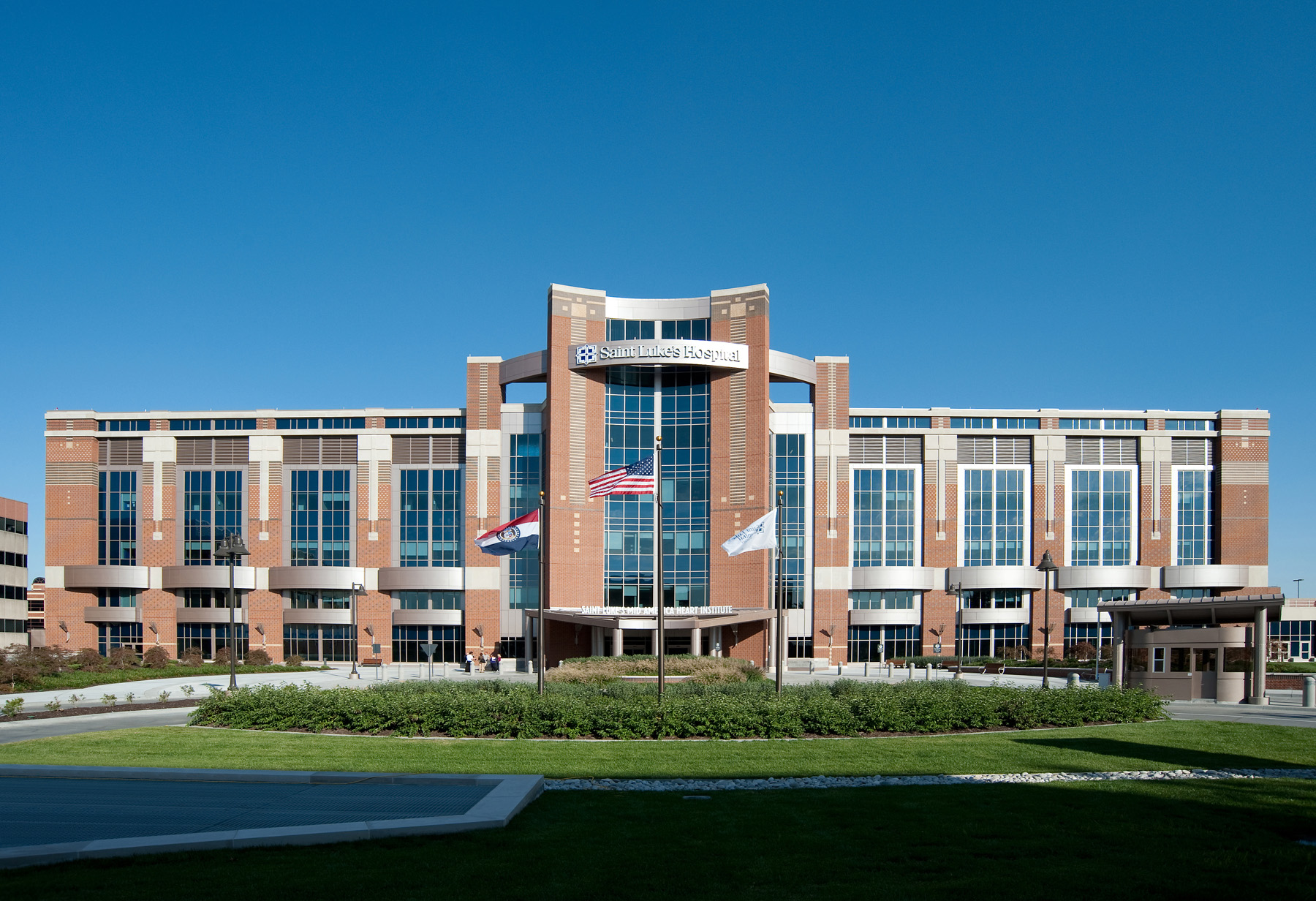Cardiovascular
Research Shows Common Glucose-Lowering Therapy May Slow Aging and Improve Lifespan and Overall Health
KANSAS CITY, MO – A commonly used therapy for patients with type 2 diabetes, heart failure and kidney disease known as sodium-glucose cotransporter inhibitor (SGLTi), is showing promise for decreasing the risk of developing many common age-related conditions, including cardiovascular disease, cancer, dementia, fatty liver, and gout according to researchers at Saint Luke’s Mid America Heart Institute and University of Missouri-Kansas City.
This is the first scientific paper to formally propose SGLTi as an agent that may slow aging at the cellular level and improve longevity. An evolving body of research shows that SGLTi, a once-daily well-tolerated pill, reduces risk for many of the most prevalent and lethal chronic diseases, and reduces hospitalizations.
“Slowing aging tends to prevent disease and improve life expectancy much better than working on treatments for individual diseases,” said James O’Keefe, MD, the study’s lead author and director of preventive cardiology at Saint Luke’s Mid America Heart Institute. “This is the first therapy with a large amount of clinical data in humans to suggest that it that may indeed slow the pace of aging.”
The innate aging process is the most important risk factor for the majority of serious chronic diseases and premature death. Aging results in the progressive loss of normal functions, beginning at the cellular level and progressing to affect organs, predisposing to disease, weakness, frailty and immobility. Aging increases the risk of developing a wide range of illnesses including cardiovascular, metabolic, neurodegenerative, infectious, and neoplastic diseases. SGLTi has been shown to reduce risk of many of these illnesses including heart failure, chronic kidney disease, atrial fibrillation, cancer, gout, emphysema, neurodegenerative disease/dementia, non-alcoholic fatty liver disease, atherosclerotic disease, and infections.
SGLTi are a unique class of drugs that block reuptake of filtered glucose in the kidney. This simple action alters nutrient sensing in the body in a way that stimulates autophagy—cellular housekeeping that rejuvenates cells and organs, leading to reduced risk of disease and hospitalization. Not only do studies suggest SGLTi reduces the risk of developing common conditions, but also that they improve overall life expectancy and reduce the risks of death from cardiovascular disease and cancer.
“Along with a healthy diet and an active lifestyle that involves plenty of exercise, this drug might help lower the risk for diseases across the board,” said Dr. O’Keefe. “Generic SGLT2 inhibitors are becoming available to make this previously expensive class of drugs affordable for almost everyone.”
Read the full article SGLT inhibitors for improving healthspan and lifespan in Science Direct: Progress in Cardiovascular Diseases.
Saint Luke’s Mid America Heart Institute, a part of Saint Luke’s Health System and a teaching affiliate of the University of Missouri-Kansas City School of Medicine, is one of the distinguished cardiovascular programs in the country. Its legacy of innovation began more than 40 years ago when it opened as the nation’s first freestanding heart hospital. Since then, the Heart Institute has earned a global reputation for excellence in the treatment of heart disease, including interventional cardiology, cardiovascular surgery, imaging, heart failure, transplant, heart disease prevention, cardiometabolic disease, women’s heart disease, electrophysiology, outcomes research, and health economics. Saint Luke’s Mid America Heart Institute cardiologists offer personalized cardio-oncology care, where our experts diagnose and treat heart conditions in patients who have been or are being treated for cancer.
With more than 100 full-time, board-certified cardiovascular specialists on staff, Saint Luke’s Mid America Heart Institute offers one of the country’s largest heart failure and heart transplant programs, has the largest experience with transcatheter aortic valve replacement in the Midwest, and is a global teaching site for the newest approaches in coronary revascularization. The Heart Institute’s cardiovascular research program encompasses clinical areas as well as centers of excellence and core laboratories. It continues to serve as one of the four Analytic Centers, along with Duke, Harvard, and Yale, for the American College of Cardiology’s National Cardiovascular Data Registry.
Saint Luke’s Mid America Heart Institute is ranked 47th in the nation for Cardiology, Heart & Vascular Surgery by U.S. News & World Report and is the third hospital in the U.S. to achieve Comprehensive Cardiac Center certification from The Joint Commission.

